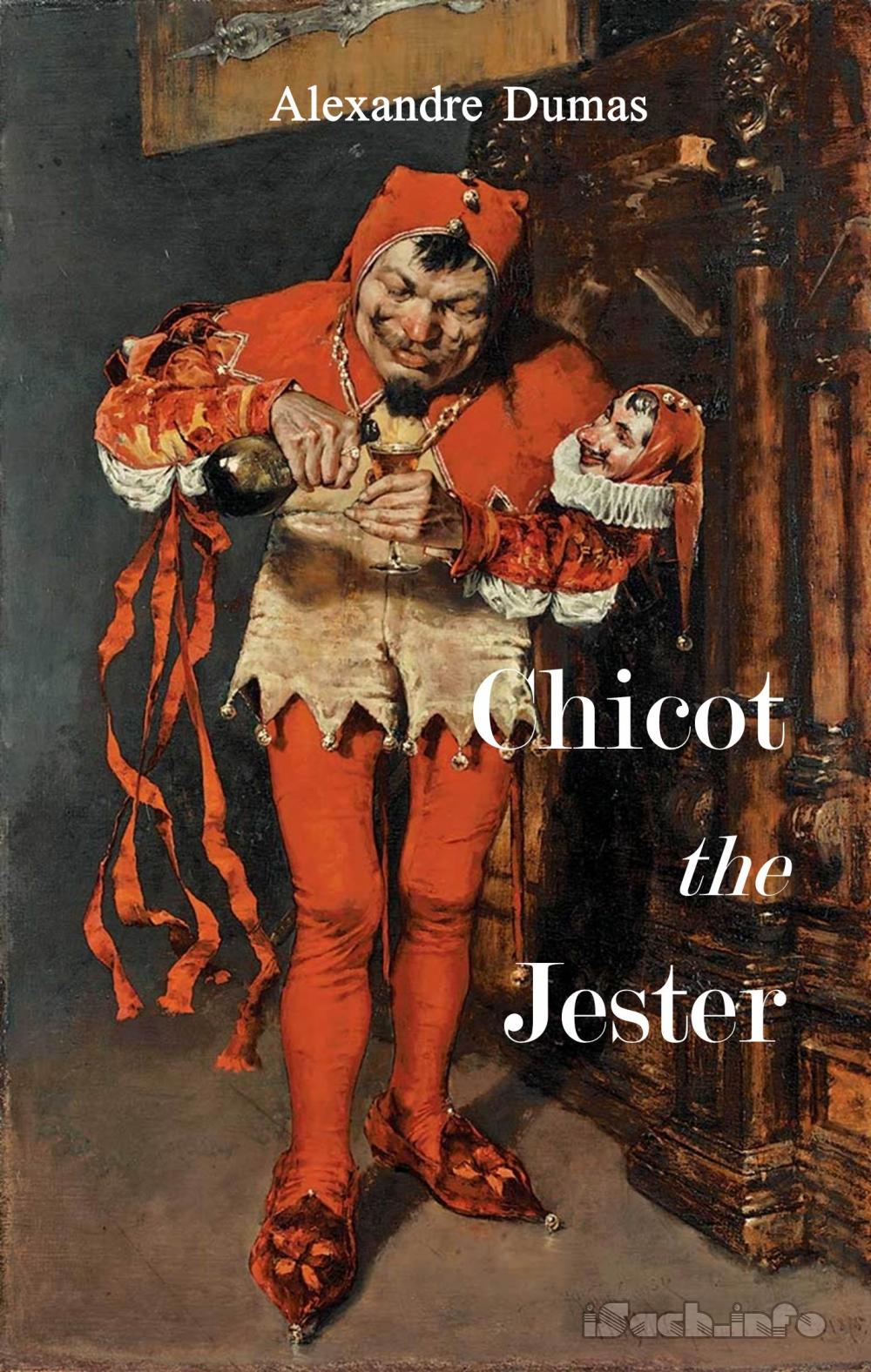Chapter 75: Which Is Only The End Of The Preceding One
H
enri sat on his throne in the great hall, and around him was grouped an eager crowd. He looked pale and frowning."Sire," said Quelus to the king, "do you know the name of the ambassador?"
"No; but what does it matter?"
"Sire, it is M. de Bussy; the insult is doubled."
"I see no insult," said the king, with affected sang-froid.
"Let him enter," continued he. Bussy, with his hat in his hand, and his head erect, advanced straight to the king, and waited, with his usual look of pride, to be interrogated.
"You here, M. de Bussy!" said the king; "I thought you were in Anjou."
"Sire, I was, but you see I have quitted it."
"And what brings you here?"
"The desire of presenting my humble respects to your majesty."
The king and courtiers looked astonished; they expected a different answer.
"And nothing else?" said the king.
"I will add, sire, the orders I received from the Duc d'Anjou to join his respects to mine."
"And the duke said nothing else?"
"Only that he was on the point of returning with the queen-mother, and wished me to apprise your majesty of the return of one of your most faithful subjects."
The king was choked with surprise.
"Good morning, M. de Bussy," said Chicot.
Bussy turned, astonished to find a friend in that place.
"Good day, M. Chicot; I am delighted to see you."
"Is that all you have to say, M. de Bussy?" asked the king.
"Yes, sire; anything that remains to be said, will be said by the duke himself."
The king rose and went away, and Bussy continued to converse with Chicot, until the king called to him. As soon as Bussy was alone, Quelus approached him.
"Good morning, M. Quelus," said Bussy graciously; "may I have the honor of asking how you are?"
"Very bad."
"Oh, mon Dieu! what is the matter?"
"Something annoys me infinitely."
"Something! And are you not powerful enough to get rid of it?"
"It is not something, but some one, that M. Quelus means," said Maugiron, advancing.
"And whom I advise him to get rid of," said Schomberg, coming forward on the other side.
"Ah, M. de Schomberg! I did not recognize you."
"Perhaps not; is my face still blue?"
"Not so; you are very pale. Are you not well?"
"Yes, it is with anger."
"Oh I then you have also some one who annoys you?"
"Yes, monsieur."
"And I also," said Maugiron.
"Really, gentlemen, you all look very gloomy."
"You forget me," said D'Epernon, planting himself before Bussy.
"Pardon me, M. d'Epernon, you were behind the others, as usual, and I have so little the pleasure of knowing you, that it was not for me to speak first."
It was strange to see Bussy smiling and calm among those four furious faces, whose eyes spoke with so terrible an eloquence, that he must have been blind or stupid not to have understood their language.
But Bussy never lost his smile.
"It seems to me that there is an echo in this room," said he quietly.
"Look, gentlemen," said Quelus, "how provincial M. de Bussy has become; he has a beard, and no knot to his sword; he has black boots and a gray hat."
"It is an observation that I was just making to myself, my dear sir; seeing you so well dressed, I said to myself, 'How much harm a few weeks' absence does to a man; here am I, Louis de Clermont, forced to take a little Gascon gentleman as a model of taste.' But let me pass; you are so near to me that you tread on my feet, and I feel it in spite of my boots."
And turning away, he advanced towards St. Luc, whom he saw approaching.
"Incredible!" cried all the young men, "we insulted him; he took no notice."
"There is something in it," said Quelus.
"Well!" said the king, advancing, "what were you and M. de Bussy saying?"
"Do you wish to know what M. de Bussy said, sire?"
"Yes, I am curious."
"Well, I trod on his foot, and insulted him, and he said nothing."
"What, gentlemen," cried Henri, feigning anger, "you dared to insult a gentleman in the Louvre!"
"Alas! yes, sire, and he said nothing."
"Well! I am going to the queen."
As the king went out of the great door, St. Luc reentered by a side one, and advanced towards the four gentlemen.
"Pardon, M. Quelus," said he, "but do you still live in the Rue St. Honoré?"
"Yes, my dear friend; why do you ask?"
"I have two words to say to you."
"Ah!"
"And you, M. de Schomberg?"
"Rue Béthisy," said Schomberg, astonished.
"D'Epernon's address I know."
"Rue de Grenelle."
"You are my neighbor. And you, Maugiron?"
"Near the Louvre. But I begin to understand; you come from M. de Bussy."
"Never mind from whom I come; I have to speak to you, that is all."
"To all four of us?"
"Yes."
"Then if you cannot speak here, let us all go to Schomberg's; it is close by."
"So be it."
And the five gentlemen went out of the Louvre arm in arm.



 ePub
ePub A4
A4